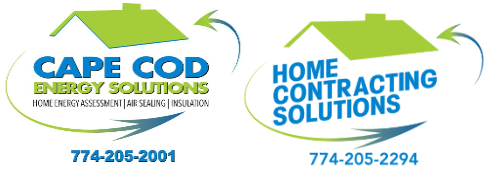Plumbing issues are common home problems that arise now and again. There is nothing pleasant about plumbing issues, and some can be downright headaches. DIY fixes can sometimes solve the problem, but other times, the professionals may need to be called for a solution. Many homeowners know nothing about plumbing in general, and sometimes knowing a little bit can prevent a disaster from worsening. Here’s a look at some of the most frequently asked plumbing questions.
Q. How Do I Go About Unclog a Toilet?
A. The most common way of unclogging your toilet is with the use of a plunger. However, if that fails or you do not have one available, fill the toilet with about a gallon of water, add dish soap or laundry detergent, and let it sit for three to five minutes while the hot water breaks through clog before flushing.
Q. Why Is My Toilet Constantly Running?
A. The cause of a running toilet is typically related to the flapper, the rubber or plastic valve on the bottom of your tank failing to seal. Check the toilet tank and adjust the float arm to see if the water continues to fill, and if not, the flapper needs replacing.
Q. What Action Should I Take If My Toilet Leaks at the Base?
A. If your toilet leaks at the base, tighten the t-bolts and get a new wax ring.
Q. How Do I Repair a Cracked Toilet Tank?
A. First, begin by cutting off water to the tank and using a suction device to remove the water remaining. Let the tank dry out and after it’s completely dry, apply an adequate amount of epoxy to seal the crack.
Q. Why am I Experiencing Low Shower Pressure Low?
A. You may be experiencing low shower pressure because other faucets are in use at the time or an inefficient plumbing system. If low water pressure exists when faucets are off, you likely have a patch or pipe leak.
Q. Why is Sewage Flowing From My Toilet?
A. The likely reason sewage is escaping from your toilet is a backup in the main sewage line. This is a problem that you want the professionals to handle promptly.
Q. Why Has My Dishwasher Stopped Draining?
A. Your dishwasher may have stopped draining because of a leaky inlet valve or buildup of mineral deposits in the pipes. Try fixing the problem by emptying the dishwasher and then beginning a new cycle on empty. Let the cycle run for a few seconds, then cancel and open the door of the dishwasher. If the water doesn’t drain, you’ll likely have to replace the inlet valve.
Q. Why is My Kitchen Drain Taking Longer to Empty?
A. If your kitchen drain takes longer to empty, you may have a clog. You may be able to use a plunger to extract the obstruction. If that doesn’t do the trick, pour a drain cleaner, baking soda, vinegar solution, and hot water down the drain to break up the clog.
Q. How Often Should I Perform a Maintenance Check on My Kitchen Plumbing?
A. It’s ideal to schedule a yearly maintenance check of your kitchen’s plumbing system, whether it’s a newer or older kitchen.
Q. How Do I Remove White Buildup on Faucet Aerators?
A. To remove white buildup on faucet aerators, remove the aerator and soak it in acidic liquid for 20 to 30 minutes, then gently scrub and rinse with tap water. After rinsing, reattach aerators to the faucet.
Q. Is Maintenance on My Bathroom Plumbing Necessary?
A. Maintenance of your bathroom plumbing is necessary when you are faced with one of several issues, including a faucet leak persists, experiencing a drain blockage, a clogged toilet, a persistently running toilet, or low water pressure. Also, when DIY bathroom plumbing repairs fail, maintenance is essential.
Q. Why is My Faucet Leaky?
A. If you have a leaky faucet, the rubber washers may be worn and no longer effective. Worn rubber washers give out with time because of valve seat friction and should stop the leak.
For your next plumbing job, reach out to High-Efficiency LLC for reliable and efficient service. Our team of skilled plumbers is dependable and knows how to get the job done right the first time. Trust us with your most significant and messiest plumbing issue because we have you covered.



